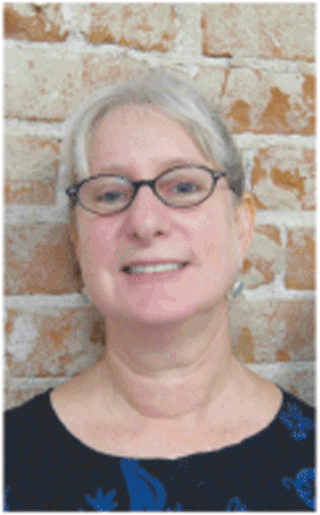Tell me about the Coyote Task Force.
The primary mission is to support individuals recovering from serious and persistent mental illnesses as they reintegrate into community, employment and meaningful activity for their lives.
And you do this through a variety of programs?
We do it through employment training, employment support and assisting people going back to school. The Clubhouse is about providing opportunities for meaningful activities. With mental illness, there are positive symptoms and the negative symptoms. The positive symptoms aren't so great--delusions and hallucinations and the mania and the depression. Major depression is a lethal disease. Then there are the negative symptoms that are bundled with people with mental illnesses. Those are lack of motivation, poor self-esteem, isolation and a lack of an ability to concentrate and make decisions. That's where the Clubhouse comes in--so people will have a reason to get up in the morning.
Tell me a little bit about Café 54.
The café was a dream I'd had for about 25 years. I was just observing and thinking about developing a restaurant that would become an employment experience and training program for persons with disabilities or mental illnesses. I thought it would be a perfect venue, because a restaurant requires a full continuum of people's abilities to be successful--everything from washing dishes to menu development to customer service. We had an opportunity to utilize some funds to purchase the building that had restaurant zoning, and the tenants left, and suddenly, I had an empty building and money.
You also do a catering program?
We are trying to run the restaurant as a viable business. We need to maintain an income level, because we're subsidized some, but not very much. The lunch is not enough revenue to bring in the dollars to support the costs. The catering really brings in the dollars, and it creates more employment opportunities for our trainees.
What kind of catering do you offer?
We cater everything. We've catered weddings up to 200 people. We cater at the Z Mansion for weddings and special events. We're also a caterer at the Botanical Gardens. We also cater in-home, business lunches and private events.
Tell me about Our Place/Clubhouse.
The Clubhouse is an international model. It was started in 1948 in New York City for people who were being discharged from state hospitals and didn't have anywhere any support in the community. The idea is that people have abilities and skills, but they just don't have a place to express them.
How does it work here in Tucson?
Like all Clubhouses, it's a volunteer day for people. We keep business hours; we are not therapy or clinical. There are work units. We have a full kitchen where we cook about 40 lunches for people. We have a clerical unit that does our data entry, statistics, newsletter and outreach, and orientation. We have a thrift shop. People come, and they volunteer to work in the units. ... It becomes the staff person's job to engage and pool the skills of our members. Without the trainees or the members, the Clubhouse wouldn't function, nor would the café.
How many folks do you assist each year through this program?
We have about 130 to 150 different individuals a month. Attendance days--meaning how many days these people are coming in--range from 912 days a month to 1,100 days a month.
Do people tend to stay around for a long period of time, or do they come in for a little while and then move on?
Every Clubhouse has its core group of members who are always here, thank God. We really, truly depend on the 30 or 35 core members. And the philosophy is once a member, always a member. So we become the extended family for people. People are wanted and needed.









